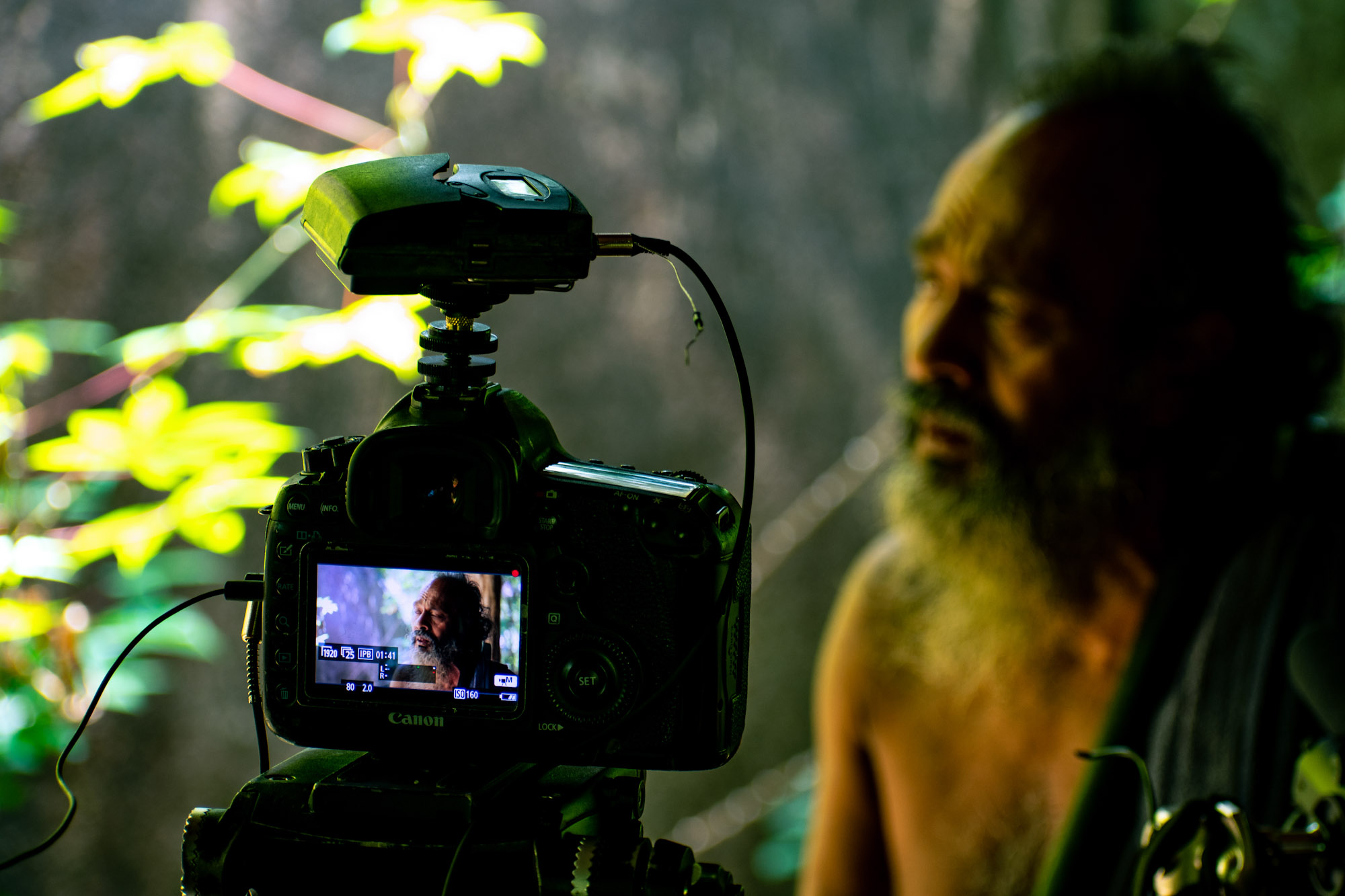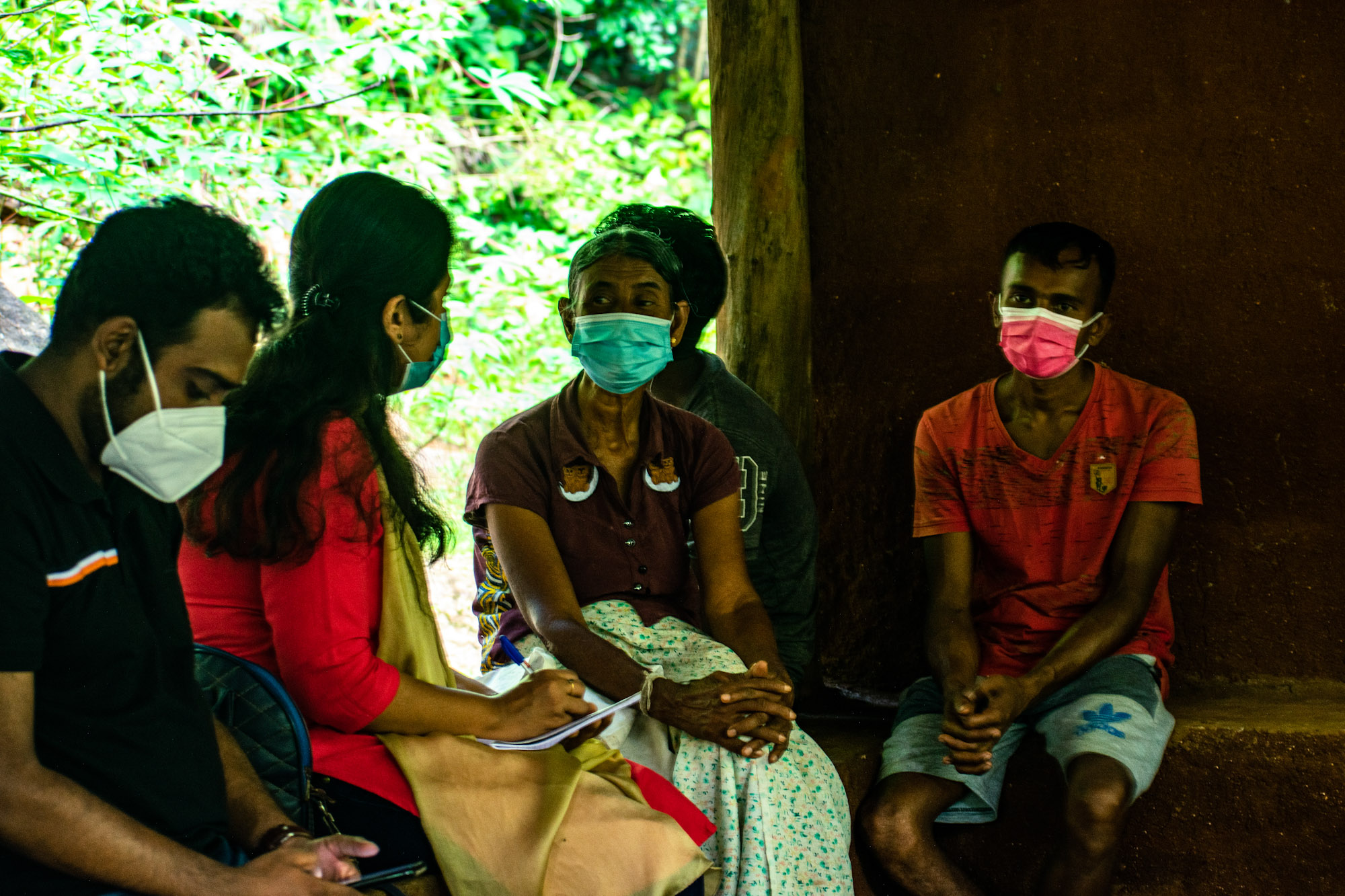Youth Leaders in Sri Lanka use Documentaries to Give Others a Voice

Young changemakers in Sri Lanka are using short documentaries as an advocacy tool to shed light on challenges faced by the most underrepresented communities. They understand the power of filmmaking to tell the stories of others and bring much needed public attention to important social and civic issues.
Niloshan Ravinthiran, a lawyer and youth advocate from Jaffna – a predominantly Tamil area of Northern Sri Lanka – led a team of likeminded changemakers to introduce Inclusive Digital Citizenship for Youth (#IDC4Youth),which trained youth leaders in the North on how to create their own short documentaries to advocate for important issues. #IDCY4Youth resulted in four youth-led short documentaries, including Kadanthu Po – a film about young people’s mental health and the need to address the region’s increasing youth suicide rates. Kadanthu Po sought to raise awareness of mental health programs and how to seek assistance.
“Only recently in the North and East are young people getting exposed to social media and digital media,” said Ravinthiran. He and the #IDC4Youth team know that teaching youth about responsible digital citizenship is critical, and that includes using short documentaries to tell a story and raise public awareness.
Another youth group trained under #IDC4Youth released a short documentary, Karaveddy, named after one of the most densely populated villages in Jaffna that is suffering from waste management issues. The documentary exposes the issue, including how electronic waste is being dumped into paddy fields, and explores how it may be addressed. Ravinthiran shared how the local Pradeshiya Sabha, or municipal legislative bodies in Sri Lanka, requested to meet the team and discuss how they can help improve the situation. He says this is the power of creating documentaries – youth are able to tell their own story and people will begin to listen.
Ravinthiran is working with the International Republican Institute (IRI) as a member of IRI’s Emerging Leaders Academy (ELA). The ELA is an intensive leadership, networking, and skills-building program designed for Sri Lanka’s most promising young democracy advocates. IRI’s ELA brings people together from across the country, from civil society, politics, media, academia, government and the private sector, to discuss a common vision for making progress in their country.
Rimaza Hassan is another ELA participant and teacher who, along with a team of ELA members, launched the project Advancing Democracy for Indigenous Communities (ADIC). This project developed a short documentary that explores how an indigenous group, the Rathugala Indigenous Community has participated in the conflict, peacebuilding and constitutional reforms in Sri Lanka.

Because of endemic discrimination and exclusion, the Rathugala Indigenous Community is losing access to its livelihoods and democratic rights, explains Hassan. “We need to build awareness of the Indigenous Community and break down this forest dweller stereotype. These communities live across the island, and they practice democracy within their own communities. They need the support of the entire society to thrive,” she says.
Hassan fears the community’s rights and needs[1] will not be addressed without greater public awareness. For years the Rathugala Indigenous Community has taken their issues to decision makers, but with no public pressure to act.
“We should promote inclusion and all people of Sri Lanka should be treated in an equal way,” adds Hassan. “Their cultural heritage is our cultural heritage, and we should honor that.” She and the ADIC team believe their short documentary will bring much needed public attention to local issues.
Both #IDC4Youthand ADIC were launched with seed funding provided by IRI to put ELA participants’ ideas for positive change into action. The documentaries have reached over 54,000 people to date on social media, and both groups plan to push for expanding the short documentaries’ reach.
Ravinthiran is confident the youth leaders trained by #IDC4Youth will continue to put their filmmaking skills to good use, uplifting the stories of others.
“They will take it forward,” he said. “They are not done with #IDC4Youth. It’s not going to stop from here.”
[1] Children in Rathugala Indigenous Community live more than 32 kilometers away from the nearest school. Lack of access to information means the Rathugala Indigenous Community have lost their land rights.
Top